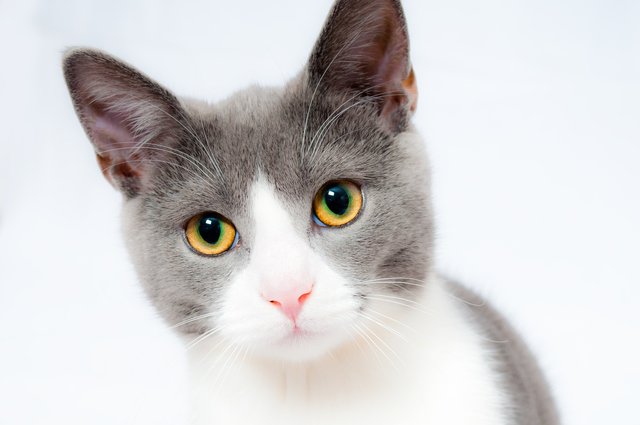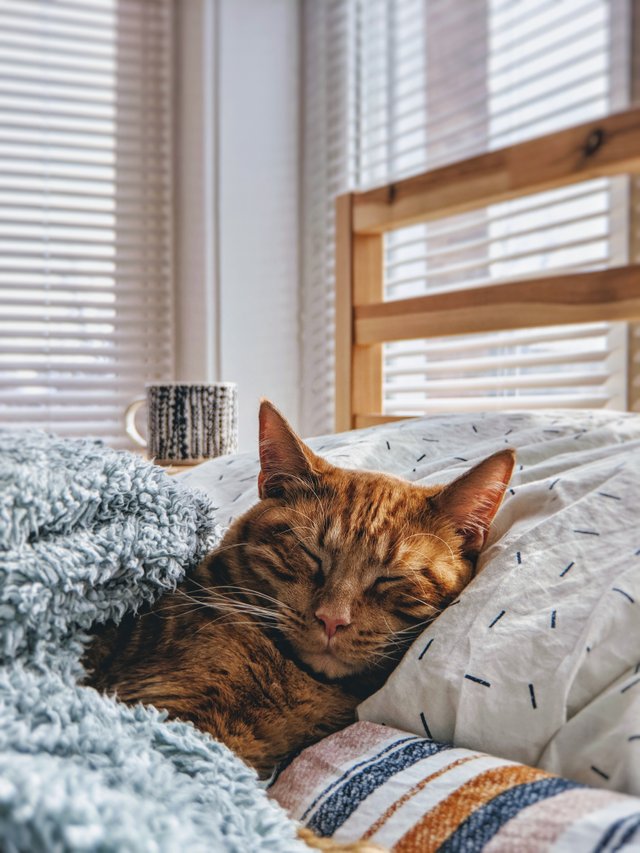There's a reason why cats are one of the most popular pets in the world. They're adorable, curious, playful, hilarious and they're relatively low maintenance. However, they're very particular beings and each cat has its own list of likes and dislikes. Click through for the 10 things most commonly disliked by cats.

Car Rides:
Just like humans, cats are creatures of habit. They like to have their territory and their routines, and absolutely hate it when any form of change occurs. Add in the confusing concept of a moving vehicle and you're likely to have one unhappy kitty. But cats dislike cars for good reason: They are prone to motion sickness, and may vomit from anxiety alone.
Baths:
It's a tale as old as time: Cats absolutely HATE getting wet. For one, cats don't have to be bathed like humans or dogs, as they do a pretty good job of grooming themselves. Some breeds—and especially big cats—are fond of the wet stuff, but the average housecat will do everything in its power to avoid water.
Tummy Rubs:
One area that dogs and cats differ is their respective love and hate of belly rubs. A cat's predatory instincts are still very much intact, and the stomach is perhaps a cat's most vulnerable area. Petting a cat's belly often triggers a defensive reaction. Your cat may attack your hand with all four paws and all four sets of claws out. Think of the cat's reaction as a reflex it can't resist and just stay away from its tummy altogether.
Loud Noises:
A loud noise triggers the flight response in a cat, which fears it's in danger. You may see your cat bolt when there's audible commotion—fireworks, honking car horns, loud parties—but sometimes all it takes is a simple sneeze to spook a cat!
Getting Brushed:
Some cats might be OK with the brush, especially if their owner has trained them to tolerate it from a young age. However, you may find that your cat will struggle and attempt to flee if you come at them with the brush in hand. Cats are very fickle beings and if they don't feel like being brushed they will let you know.
Agressive Petting:
Your cat might like to pretend it's a rough and tumble predator, but they're actually big softies. Petting your cat too hard or aggressively will likely annoy your cat and cause it to swat at you with its paws (or claws). Petting too aggressively over-stimulates your cat and triggers its fight response.
Nail Cutting:
You might get lucky and have a cat that tolerates an at-home nail trim (especially if you've gotten it used to the trim from a young age). However, chances are your cat will resist your attempt to trim down its only real means of self-defense.
Other Cats in Their Territory:
Unless it's a relative or housemate, cats are typically not fond of other felines. This comes down to their animal instincts and territorial nature. Cats are naturally solitary creatures and see other cats as competition for food, toys, treats and attention. Of those cats that do tolerate each other, you may notice that one is more "alpha" than the other.
Too Much Attention:
While a dog can't get enough of its owner's attention, a cat only wants a certain amount. Most cats can't stand it if you follow them around, pick them up all the time or force them to endure constant petting. A cat will let you know when it wants your attention, often by meowing incessantly or rubbing up on your leg adorably. Just don't force it.
Not Enough Attention:
On the other hand, ignoring your cat when it wants attention will elicit a similarly negative response. If you ignore your cat when it wants to be fed, you may have to put up with hours of meowing or pawing at your leg. Some cats also suffer from separation anxiety if left alone too long, which can result in destructive behavior or accidents outside the litter box.
